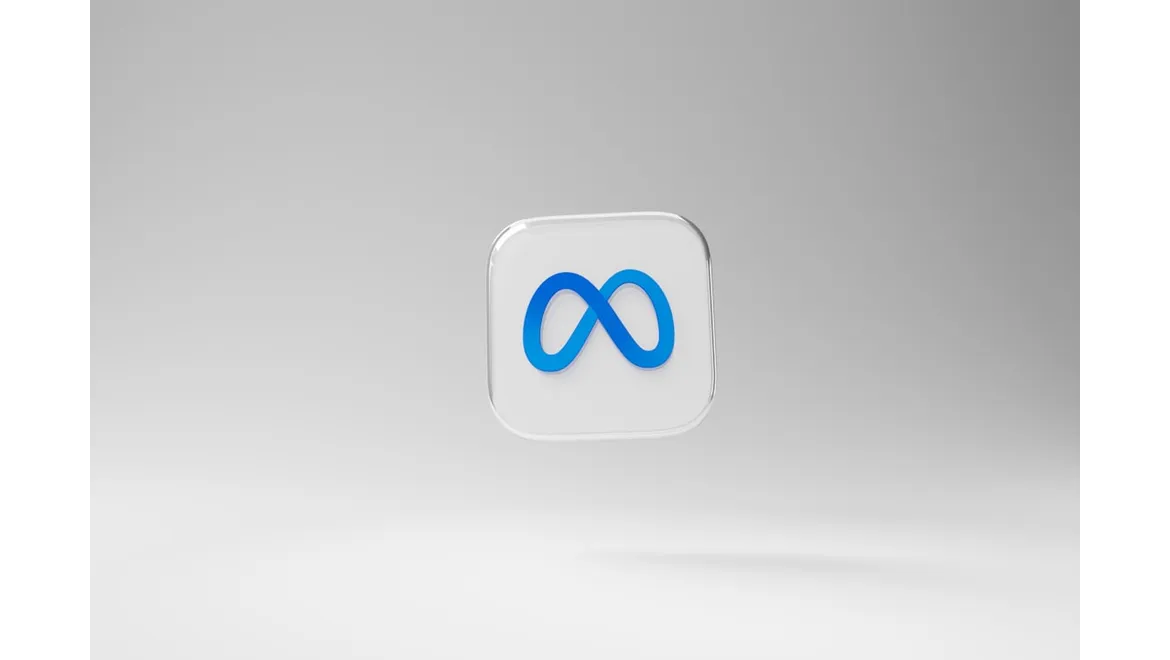In a significant move to enhance the efficacy of advertising campaigns, Meta has unveiled a series of updates to its ad system. These enhancements, encompassing new tools for attribution and optimization, are designed to provide advertisers with more precise control and deeper insights into their campaigns’ effectiveness. This article examines the essential changes, the rationale behind them, and the potential benefits for advertisers.
Among the standout features in Meta’s latest update is the introduction of “Conversion Value Rules.” This tool empowers businesses to prioritize specific audience segments or types of conversions based on their value. For example, if certain customer segments exhibit a 30% higher lifetime value, advertisers can establish a higher bid for these customers without the need for separate campaigns. This innovation aims to streamline campaign management, allowing for greater automation and improved performance.
Additionally, Meta is introducing an opt-in setting designed to optimize for incremental conversions. Unlike traditional optimization, which focuses on maximizing total attributed conversions, this new setting specifically targets incremental conversions—those conversions that would not have happened without the ad. Early tests indicate that advertisers leveraging this setting experienced an average improvement of over 20% in incremental conversions. This feature is particularly valuable as it isolates the unique impact of Meta ads on driving conversions.
Enhancing its optimization capabilities further, Meta is incorporating profit and predicted lifetime value into its metrics. Advertisers can now optimize their campaigns not only for immediate conversions but also for long-term profitability. This feature proves especially useful for businesses aiming to maximize customer lifetime value. Furthermore, Meta is enabling direct integration between its ad system and businesses’ Customer Relationship Management (CRM) tools. Initially, integrations with Google Analytics and Northbeam are available, with expansions to Triple Whale and Adobe planned for the future. By incorporating CRM data, Meta’s AI models can refine campaign optimization, culminating in better overall conversion value.
These updates are part of Meta’s broader strategy to demonstrate the value of its ads amidst growing scrutiny of digital advertising effectiveness. By offering more granular data and AI-driven optimization, Meta aims to elevate ad performance and boost advertiser satisfaction. According to Meta, advertisers testing the incremental conversion optimization reported an average 20% improvement in results, with early tests revealing a 30% increase in Meta-attributed conversions as measured by third-party tools.
As these new tools are deployed, initial integrations with Google Analytics and Northbeam are already active, with future expansions in the pipeline. Advertisers should monitor the evolution of these integrations and assess their impact on campaign performance. The timing of these releases is particularly advantageous as businesses prepare for the holiday season, aiming to maximize their advertising return on investment (ROI).
In a parallel development, Meta has also announced a major overhaul of its advertising algorithm, poised to temporarily make the platform appear less effective for some advertisers. This change, however, is intended to bolster advertisers’ trust in the accuracy of Meta’s ad systems. The update, which affects conversion campaigns, introduces a new emphasis on shorter conversion windows. One of the most notable changes is the increased weight given to conversions occurring within one day of a user first clicking an ad. Previously, Meta’s algorithm equally weighted all conversion window lengths, but now it will favor one-day click conversions. This adjustment is likely to impact reported conversions and could lead to higher Cost Per Acquisition (CPA) and Cost Per Mille (CPM).
With the shift towards one-day conversion windows, advertisers may observe fewer reported conversions for a given campaign and potentially higher ad costs. This change could particularly affect advertisers who had not been optimizing for one-day conversion windows or those selling products with longer purchase cycles, such as luxury items. Additionally, Meta is introducing features to demonstrate how many users took action on an ad specifically because they saw it on Meta’s platforms. This is crucial in the context of Apple’s 2021 deprecation of mobile identifiers, which has limited data availability for ad targeting and measurement. Meta’s new tools aim to address these challenges by enabling advertisers to optimize for incremental conversions and compare results with third-party measurement solutions.
These adjustments are a part of a series of updates Meta announced aimed at more effectively optimizing and measuring conversions. While the increased weighting of the one-day attribution window was not explicitly mentioned in Meta’s announcement, it was communicated to advertisers as part of the overall changes. As the holiday season approaches, Meta’s goal is to enhance advertiser performance and deliver more valuable results.
In essence, Meta’s latest updates to its ad attribution tools signify a substantial advancement in digital advertising. By providing more precise control over campaigns and deeper insights into ad effectiveness, Meta anticipates that these changes will lead to improved ad performance and greater advertiser satisfaction. The focus on one-day conversion windows, incremental conversion optimization, and direct CRM integration are all steps towards more transparent and accurate ad reporting, addressing the challenges posed by reduced data availability and increasing scrutiny of digital ad effectiveness. As these changes unfold, advertisers should carefully monitor their impact on campaign performance and adjust their strategies to align with the new metrics and tools available.











